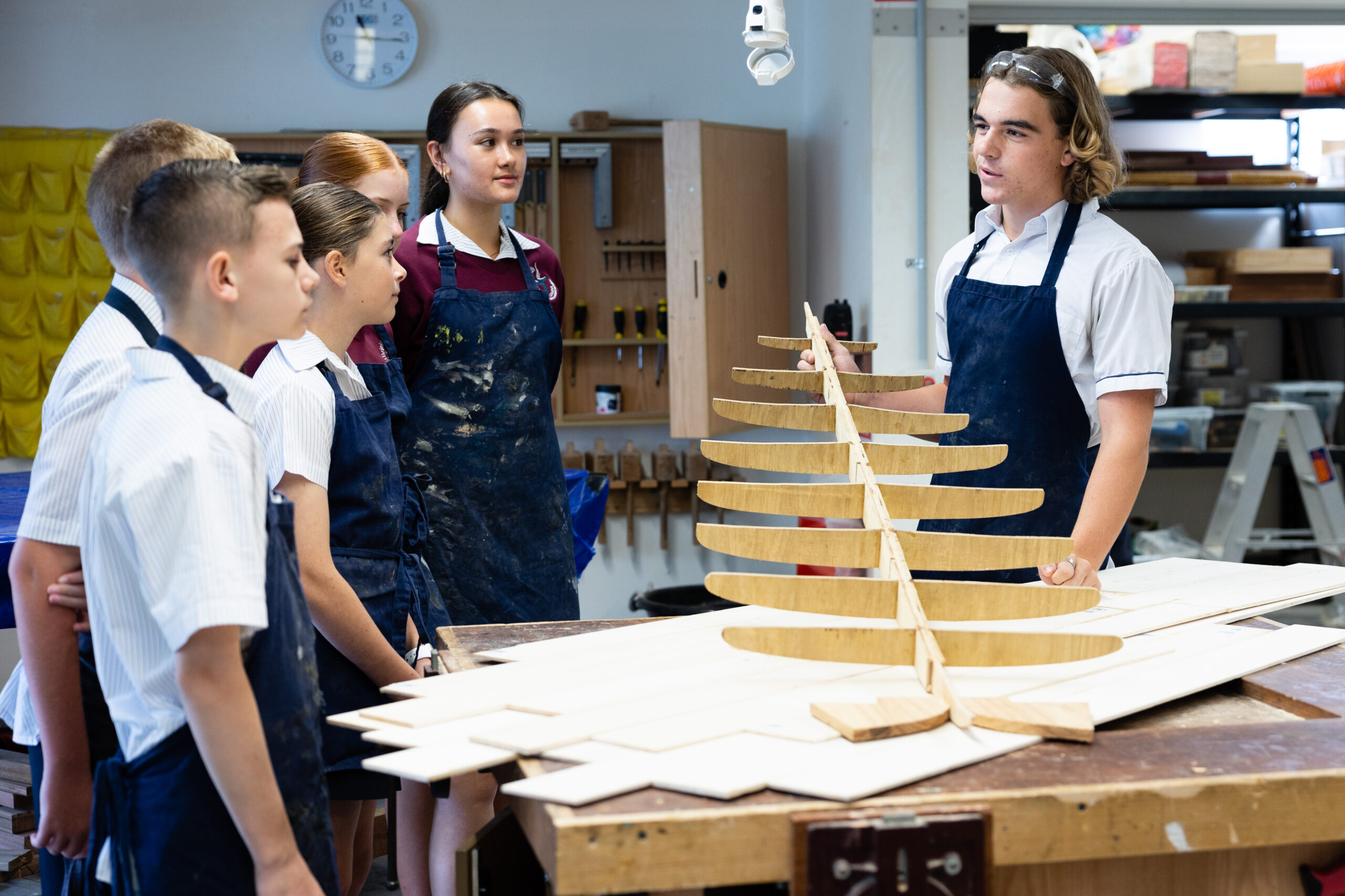In our strategic plan we identified that we wanted to “provide quality learning opportunities that empower students to value education, develop a lifelong love of learning and build the knowledge, skills and dispositions to support them in becoming future-ready”. I often wonder supporting our young people in becoming future ready, how do we prepare students for jobs not yet created, tackle societal challenges and use technology that changes every day? Furthermore, how do we equip them to thrive, understand and appreciate different perspectives.
The key to thriving in this dynamic environment lies not just in what we know (our knowledge), but in how we approach learning itself. Learner dispositions can be seen as the attitudes, habits, and mindsets that shape how students engage with learning, overcome challenges, and how we persist in the classroom. By cultivating positive dispositions, we as learners develop not only academic ability and understanding but also the resilience and adaptability needed for lifelong growth and the characters to be both global and local citizens.
Guy Claxon (2002) discusses that being a good real-life learner means knowing what is worth learning, recognising what you are good at (and not so good), where we can seek help, how to regulate our emotions and what are the best learning tools are for the job at hand. Just as being a reader involves much more than simply being able to read, so does ‘being a good learner’. Enjoying learning, and seeing yourself as a learner, seeking out learning as well as knowing how to go about it is important for every young person in every classroom. Teachers have an invested interest in helping students to develop these dispositions as they further enhance the development of curriculum and learning outcomes.
The research advocates for many dispositions critical for ‘being a good learning’. I think the following are some (but not all) of the key dispositions our students require as they prepare for life beyond the school gates:
Resilience, Persistence and Grit
Learning can be (and for most should be) challenging, and persistence helps students push through difficulties, maintain focus, and continue working even when things get tough. It’s about seeing failure not as a stopping point but as a learning opportunity. Building a young person’s grit and tenacity sets them up for future success.
Self-regulation, motivation and personal responsibility
Successful learners manage their time, emotions, and focus. They know how to set goals, monitor their progress, and adjust their strategies to achieve desired outcomes. They take ownership and are more self-directed.
Empathy and collaboration
In a world where teamwork is vital, the ability to work effectively with others is essential. Collaborative learners are empathic, respect different perspectives, contribute positively to group tasks, and recognise the strength in shared ideas.
Curious, open-minded and reflective
Learners who reflect on their experiences and thought processes are able to make connections, learn from their mistakes, and improve their approach over time. They are curious to explore new ideas, ask questions and willing to broaden knowledge and enhance critical thinking. Curiosity opens doors to new knowledge and ignites a learner’s enthusiasm for discovery.
Adaptable, problem solvers who become lifelong learners.
Dispositions like flexibility and adaptability prepare students to thrive in many environments. They are able to adjust to new situations, learn new skills and solve problems creatively. They become equipped with the mindset and skills to continue learning beyond school and throughout life.
As teachers we aim to model these dispositions and shape attitudes towards learning by providing a safe and supportive environment, integrating strategies, encouraging a growth mindset. Moreover, we provide students with challenging opportunities to collaborate, solve problems and think critically. We want to help students not only excel in the classroom but also prepare them to be adaptable, innovative, and self-motivated individuals ready for the challenges of the future beyond our school gates.
Alex Walters
Assistant Principal, Student Achievement


